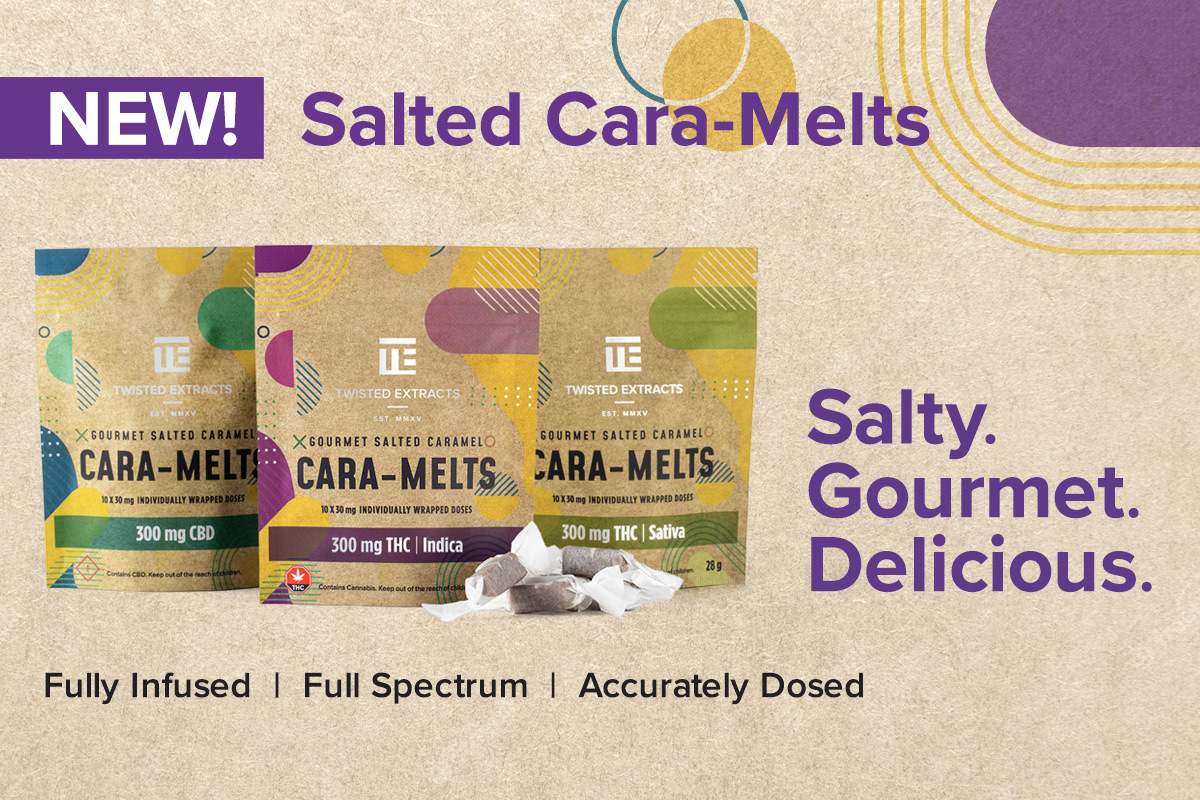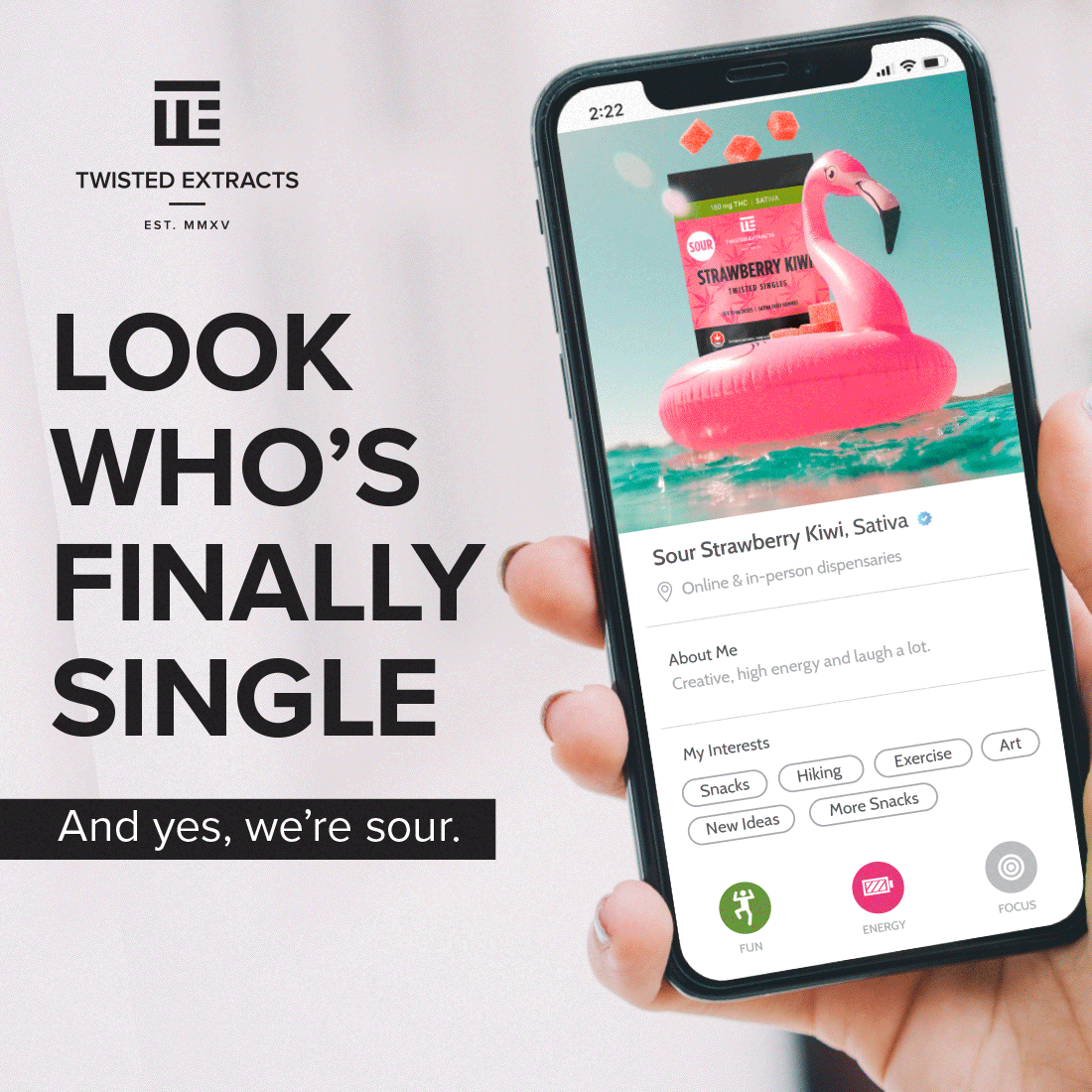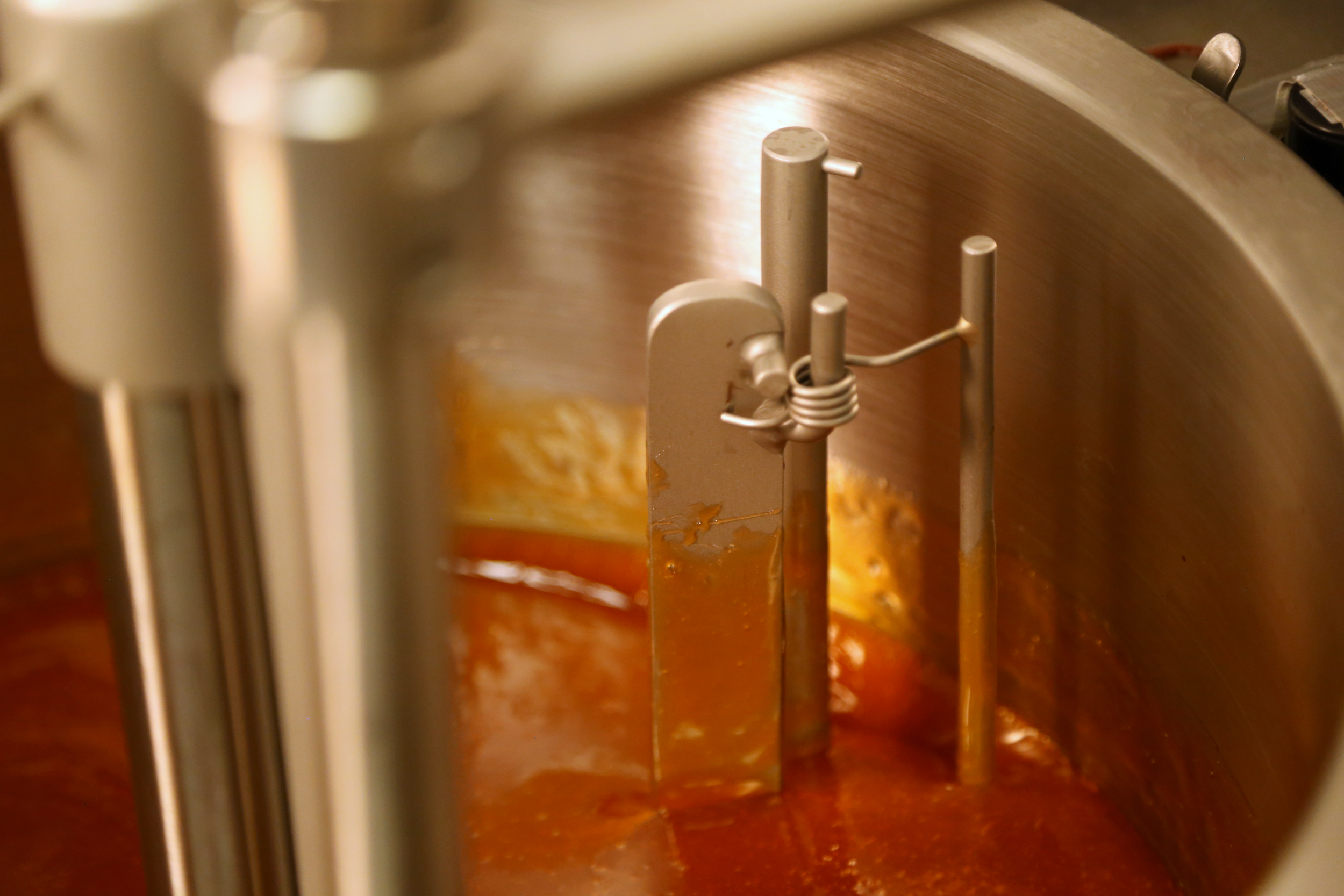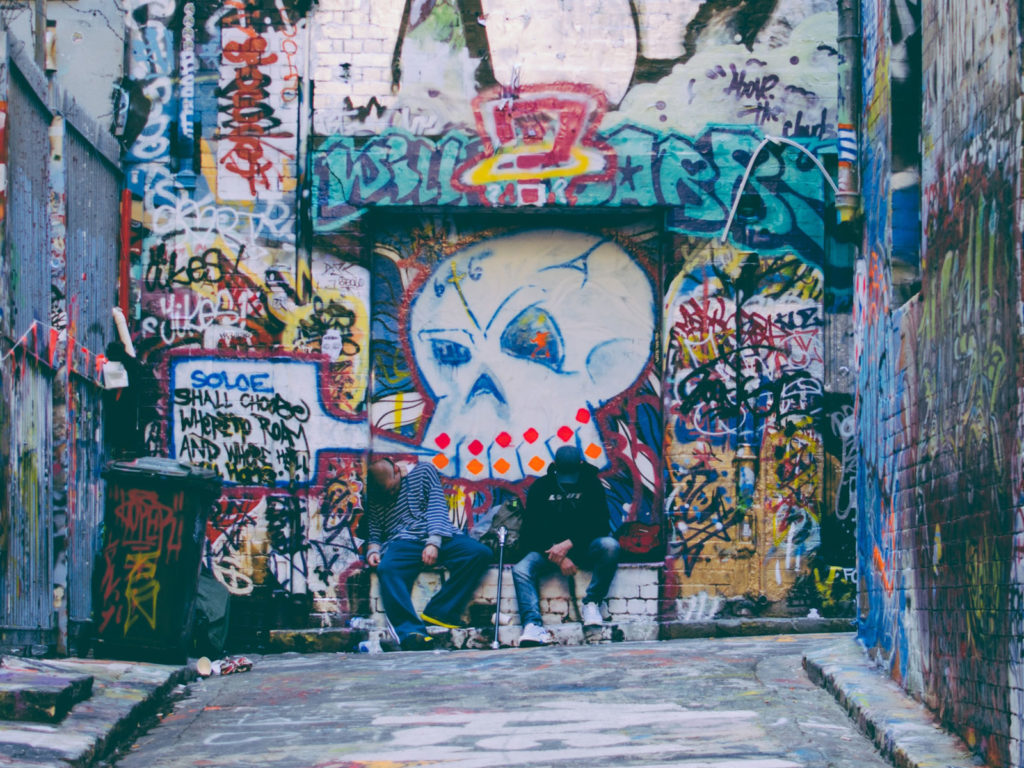
Jack Philips gives away cannabis to help hard drug users kick their habit. It may sound like trading one addiction for another, but evidence, both scientific and anecdotal, tells him a different story.
Philips is executive director of the Society of Living Intravenous Drug Users, aka SOLID, a non-profit providing harm reduction services to drug users in Victoria, B.C. Three years ago, SOLID added a Cannabis Substitution Program to the safe drug supplies, advocacy and education they were already doing. Cannabis dispensaries and manufacturers donated or sold flower and edibles to SOLID and, in turn, they gave it away to the people they were working with. No surprise they couldn’t keep up with demand. They expanded the program to five days a week and opened the program to other vulnerable populations. They now give away 80 to 100 flower or edible products every day. In the process the streets of downtown Victoria became a quieter, cleaner and safer place.
“We see less violence, a smaller open-air drug market and fewer police complaints,” Philips says. “The police report less crime.”
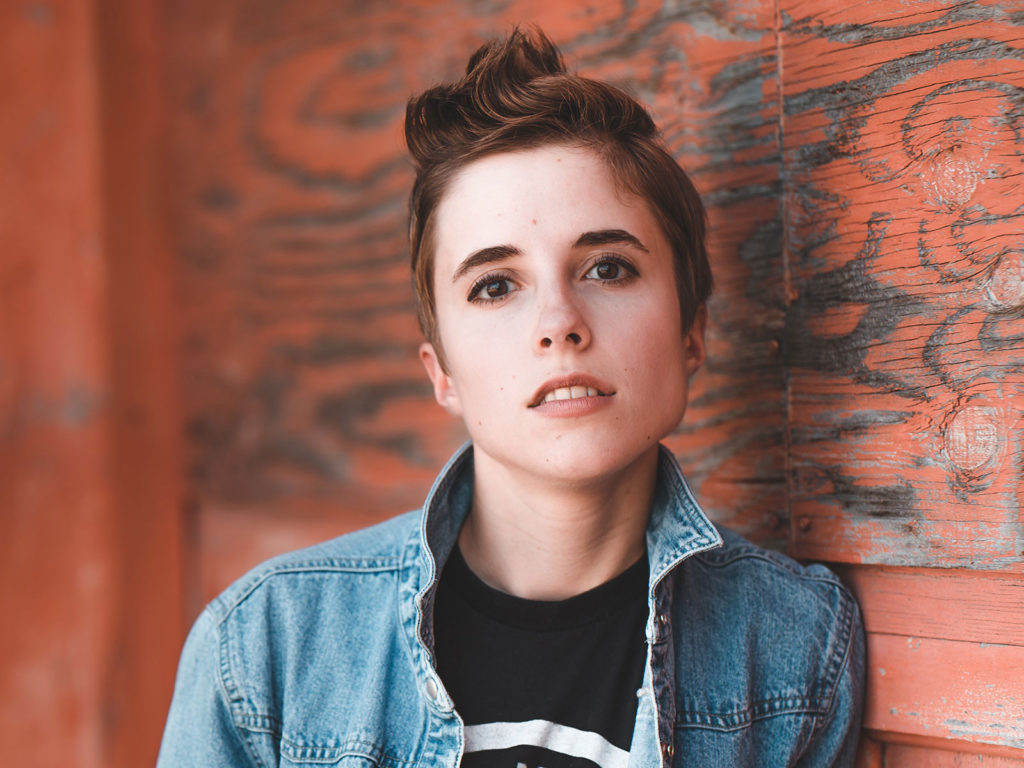
More important, accessible cannabis was helping drug users get healthy. “Many people believe that cannabis is a bridge between using and abstaining,” Philips says. “The people using our cannabis program report a big quality of life improvement. We feel we’re on the right track.”
There are many gaping holes in the legalization process. The most vulnerable populations are the ones falling through the holes.
SOLID’s success may be in danger. Ironically, continued cannabis legalization could reverse the healing momentum reported by grassroots support groups like SOLID. It’s already created a two-tiered system, says Philips.
“Regulators need to recognize that the rules leave a lot of people lacking,” he says. “There are many gaping holes in the legalization process. The most vulnerable populations are the ones falling through the holes.”
Before legalization, cannabis dispensaries, growers and manufacturers could donate or sell product to SOLID in whatever quantities they wanted. “The cannabis businesses intrinsically understand what we are doing,” says Philips. “They know drug users and people on the street need to get themselves healthy before they can do anything else. They know cannabis can play a therapeutic role.”
A growing pool of evidence backs them up. One report studied all available research on cannabis as a treatment for opioid addiction. It found no other intervention worked as well to ease withdrawal symptoms, reduce consumption and cravings, prevent relapse and prevent overdoses. Another 20 year-long study of drug users in Vancouver’s Downtown Eastside found that those who consumed cannabis daily were 21 percent more likely to stick with treatment for opioid addiction than those who didn’t consume at all or as often.
Evidence like that prompted Philips to start the program in the first place. SOLID took the donations gave it away to those that couldn’t afford to buy it. They also sold loose or edible products at a discounted price to those that had a little extra money. “When they bought it, it helped subsidize the cannabis we were giving away,” he explains.
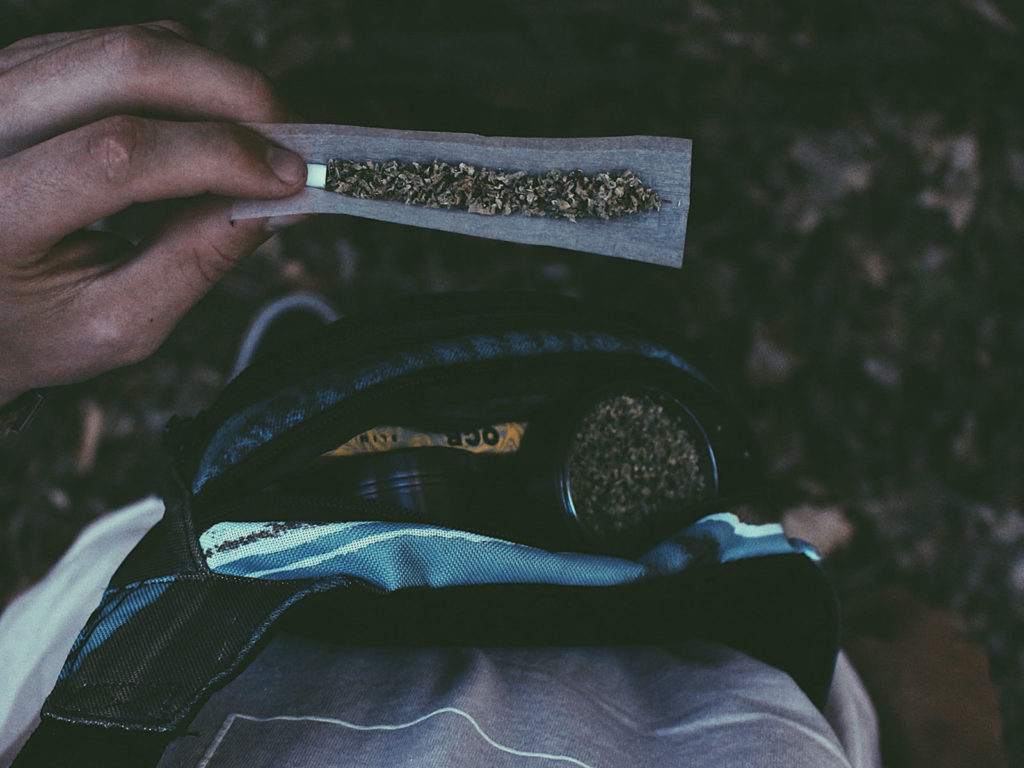
When the federal government legalized cannabis in October 2018 rules intended to reduce potentially harmful promotion and marketing made it harder for a cannabis business to give away product to anyone, including groups like SOLID. “Since legalization it’s gotten harder to obtain loose cannabis,” Philips reports. At the same time, dispensaries now require a credit card or address, something many drug users and people living on the street don’t have. For the most vulnerable, legalization made access to cannabis harder.
Philips worries the situation could get worse once the federal government legalizes edible cannabis products later this year. He expects bureaucracy, red tape and taxes will drive up the price and stricter rules will make it harder for businesses to donate.
“I’m confident the companies that support us will continue to find a way to keep doing so,” says Philiips. But just in case, he’s working on a plan for SOLID to grow its own cannabis, possibly using the personal licenses of its members to grow for the community.
In the meantime, he’s got a message for the federal government as they polish up the latest cannabis legislation.
“I’d like them to recognize cannabis as a therapeutic medicine and what we do is therapy,” he says. “I’d like them to create an environment that allows people to live healthy lives. And to allow the businesses that support us to keep doing what they are doing, so we can keep doing what we’re doing.”
Did you like this article?
Sign up for our newsletter to make sure you're in the know about all of our new product releases, contests and more.



